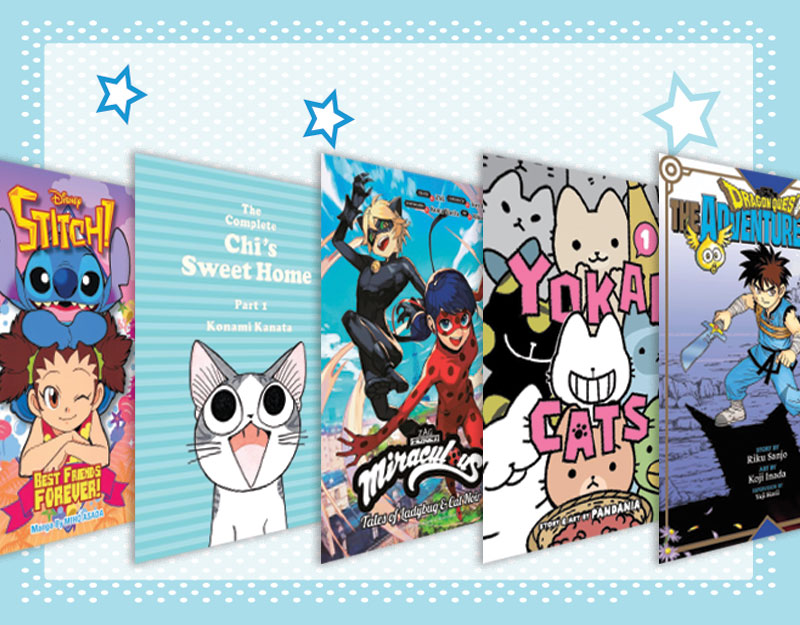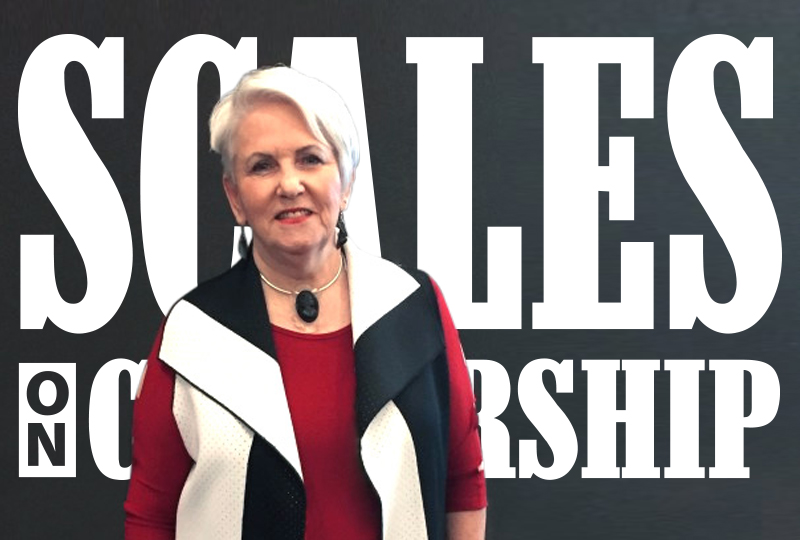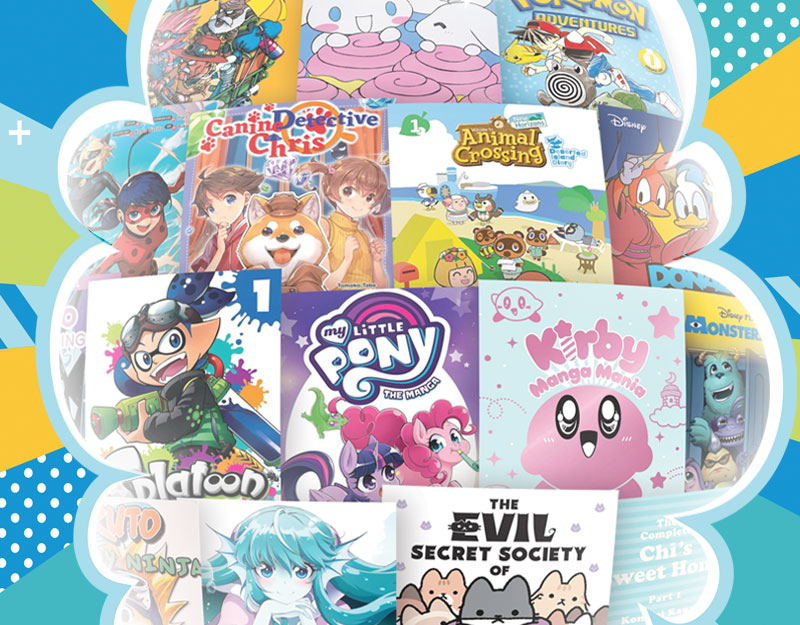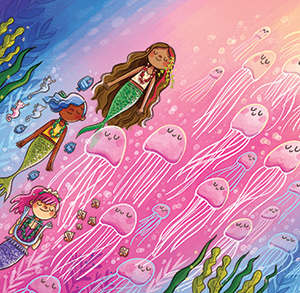The Hachette/Amazon War: One Writer’s Perspective
Not too long ago I linked to a letter Amazon had released regarding their spot o’ trouble (to put it mildly) with the publisher Hachette. In my post I encouraged authors to tell me what they thought about it and they did, but not on my blog itself. And why should they? With all the power Amazon wields, to say nothing of Hachette, it would be foolish to draw either company’s ire so directly. As such, I received one email that particularly caught my attention. Together we decided that it was worth publishing, though it would have to remain nameless. Here then is one perspective on the Amazon letter from a writer caught up in the midst of it all.
“Hi, Betsy —
Per your request for opinions from Hachette authors on the Amazon/Hachette ebook pricing fight, here are some thoughts I wish I had time to shape into more concise/coherent form:
As best I can tell, Amazon’s larger strategic purpose in keeping ebook prices as low as possible — and what Hachette emphatically does NOT want — is for ebooks to become so much less expensive than physical books that they kill off bricks-and-mortar bookstores, making Amazon and ebooks pretty much the only game in town.
ADVERTISEMENT
ADVERTISEMENT
As a children’s book author without much name recognition, this is bad for me on two levels:
1. The ebook market for kids’ books is much smaller than for adult books.
Children’s books, especially MG, have been much slower to migrate to ebooks than adult titles in general and adult genre titles (romance, mystery, sci-fi) in particular. Since the large, large majority of sales of MG titles are still physical books, the death of real bookstores would likely be disastrous for MG kids’ book sales.
Amazon’s claims of price elasticity — the “we’ll sell x at this price, but 1.74x at the lower price” or whatever — are limited to the Kindle sales channel and don’t take into account the potential loss of sales from sources other than Kindle. If I sell 1.74 times more books on the kindle…but my sales at physical bookstores plummet because the bookstores no longer exist…am I better off? My guess is no.
I’m also skeptical that price elasticity is the same for kids’ books as it is for, say, adult mystery novels — not sure that 1.74 number would be true for a MG title. But again, that’s less important than the fact that Kindle sales represent a very small fraction of the total pie of MG book sales.
2. Marketing
For an author like me without a James-Patterson-sized following, discoverability is huge. Fewer physical bookstores mean fewer opportunities for audiences to discover new writers both via hand-selling by booksellers and display space. A world in which Amazon is the primary gatekeeper is one in which the only new authors who break out are the ones Amazon promotes. Having had one of my books end up on Amazon’s “best of the year” list, I know that getting on an Amazon list definitely sells books…and not being on their list (as in the case of other books I’ve written) means you DON’T sell books.
All things being equal, I’d rather not leave the decision about whether my books get wide exposure in the hands of a single bookseller.
Some other observations:
Unless I missed something, none of Amazon’s public arguments in favor of its position have addressed the fundamental problem with lowering ebook prices — that if those prices fall far enough, the business model for physical bookstores will be unsustainable, and they’ll gradually disappear (or suddenly disappear, like Borders did). Amazon keeps bringing up the publishers’ resistance to adopting paperbacks half a century ago, but a hardcover-to-paperback transition didn’t fundamentally threaten the existence of physical bookstores the way books-to-ebooks does.
And while an all-ebook (or primarily ebook) ecosystem might be just fine for adult genre writers, it’ll almost certainly suck for MG writers. Can you think of a single MG kids’ book writer (Amanda Hocking comes to mind, but she’s YA) who’s launched their career or built a significant audience via ebooks? There are a bunch of successful examples in adult genre fiction, but none that I know of in MG. Rick Riordan and R.J. Palacio have both released ebook-only short works that hit the bestseller list, but those were companion pieces to works that had become phenomenally successful as physical books first.
ADVERTISEMENT
ADVERTISEMENT
As far as I can tell, kids and their parents just aren’t discovering new MG authors through ebooks. Maybe that’ll change in the near future, but I’m skeptical — based on my experience with both readers and my own kids, even digitally native kids seem to gravitate more toward physical books than ebooks.
On a semi-related note (since what’s at stake in the Amazon fight isn’t just the viability of traditional bookstores, but traditional publishers), I’d like to add that I’ve personally benefited enormously from having been traditionally published, both financially and creatively. My current book has a ton of illustration, which has meant a lot of heavy lifting in the graphic design department. While I could have self-published my more traditional, non-illustrated MG titles without sacrificing much in the way the audience experiences the story, if I’d tried to do the current book without the help of Hachette’s art department, the results would have been ugly.
Given how many kids’ books rely on illustration, I suspect the art and design support that traditional publishers provide is a much bigger deal overall for kids’ books than adult titles.
Moreover, Hachette’s marketing support, even for less prominent titles on their list, is much more substantial than I can accomplish independently, no matter how much I spend out of pocket on publicists, building a social media presence, etc.
Long story short, I’m on Hachette’s side. It may be that physical books and bricks-and-mortar bookstores are doomed over the long run, but as a non-prominent writer of middle grade kids’ books, anything that extends their lifespan — and keeps not just bookstores but traditional publishers healthy — seems to be good for me as an author.
As someone once said (was it a French guy? I can’t remember) — I apologize for not having the time to write you a shorter letter.”
Filed under: Uncategorized
About Betsy Bird
Betsy Bird is currently the Collection Development Manager of the Evanston Public Library system and a former Materials Specialist for New York Public Library. She has served on Newbery, written for Horn Book, and has done other lovely little things that she'd love to tell you about but that she's sure you'd find more interesting to hear of in person. Her opinions are her own and do not reflect those of EPL, SLJ, or any of the other acronyms you might be able to name. Follow her on Twitter: @fuseeight.
ADVERTISEMENT
ADVERTISEMENT
SLJ Blog Network
Name That LEGO Book Cover! (#53)
Exclusive: Vol. 2 of The Weirn Books Is Coming in October | News
Fighting Public School Book Bans with the Civil Rights Act
Take Five: Middle Grade Anthologies and Short Story Collections
ADVERTISEMENT








Excellent letter. Thank, Guest Author.
Maybe, just maybe I’d say something to my friends not in publishing to help the publishers. But I won’t. Here’s why: Publishers have waged war against libraries and bookstores and authors. Let’s add in the publishing houses’ lack of marketing staff and marketing help, how new books/authors trumps loyalty for their mid-listers, editors playing musical chairs from house to house to get ahead leaving behind orphaned books and authors, lack of unions, benefits, or any kind of future for their authors. Then, when it’s their turn to face the behemoth the cry goes out, and from what I can read, using authors to write these kind of letters to show solidarity to an empty shell. I’m not buying anything on Amazon but war mongers need to take responsibility for their actions before recruiting foot soldiers to carry their water. Maybe, just maybe, if the publishing folks on my social network left me one nice comment I’d consider helping them out. But I only see a caste system kind of mentality where editors only play up to agents or other editors or reviewers, never the help. So, I stopped helping.
Slowing adoption of ebooks by pricing them high won’t keep brick and mortar stores open in the long run. They will have to provide services that Amazon can’t.
> “Publishers have waged war against libraries and bookstores and authors.”
As we used to say on the old Usenet forums … “cite?”
As a traditionally published author, I can say I have never seen publishers “wage war” against any of these camps. Have I seen hard (often unpleasant) negotiations between authors and publishers? Sure. But I’ve also seen 5-minute handshake-deal negotiations that have gone on to produce wonderful, successful works, without a lick of strife. As for bookstores and libraries, I have seen quite the opposite. I have seen publishers fly librarians and retailers in to their seasonal sales meetings to show them all of the titles they have coming out. As a kids’ author, half of my sales come from libraries (school and public). My publishers have even changed “bonus” features in some of my books at the request of librarians, because the interactive nature of those bonuses (think crossword puzzle, or on-page drawing) might have encouraged damage of a library book.
And this:
> “…editors playing musical chairs from house to house to get ahead leaving behind orphaned books and authors…”
Yeah, orphaned books suck. But am I going to stand in the way of someone trying to get a better job? Have you WORKED in publishing? I have. The salaries … let’s just say, they’re not Silicon Valley money. I would never begrudge someone trying to get themselves ahead and do better for themselves and their family, and an editor’s commitment to an author’s book, by the way, is not a contract signed in blood. That’s just ink, and things change, and sometimes people move on, either due to better jobs, or layoffs, or pregnancies, or deaths in the family (I’ve seen editors leave for all those reasons).
I think traditional publishers do a pretty good job, all in all, and the important thing, which no one seems to have mentioned (certainly not Amazon), is that they take on a huge financial risk on our behalf. They pony up the money in advance, with no proof that the book they are undertaking to publish will ever make any of that money back. I, for one, am glad they do that, and I don’t see Amazon looking to invest millions of dollars in as-yet-unpublished authors and books.
With due respect, Betsy, in your opening paragraph you say that it’s no wonder authors wouldn’t speak publicly because of the power Amazon wields. It is also possible that authors wouldn’t speak publicly because of the power that Hachette wields. There are two big dogs in this disagreement, not just one, and it is very possible to see valid points from both “sides” or think both are at fault or anything in between. You made it binary, and I think that frames things in a way that makes everyone take sides rather than have a conversation.
Now THAT is an excellent point, Greg. I’m going to amend the opening right now in response.
For Anon2 (www.ala.org/news/state-americas-libraries-report-2014/e-books) Not sure if URLs are allowed, hope the parentheses work. Remember, publishers are not selling ebooks, they are leasing them out. I always wonder why that point is never made in these debates?
When it comes to feeding my family I would hope for loyalty. That editor is not above me on any scale of what is important in my life. Let’s just agree with what you just said above, that loyalty does not play a role in these relationships, and authors need to be aware of that and stop carrying water for those that’ll dump them when it’s good for them or use them to fight the behemoth.
to the author here:
I am an avid reader and a mother of a 7 year old boy (2nd grade) and a 3 year old girl. For myself, I’m reading about half and half physical books and ebooks. My 7 year old boy likes reading on my Kindle and whenever I can find a book he can get into, he’ll read MUCH longer works on the Kindle than he will tackle in paperback form.
I have not been pleased with picture books though and will continue to buy those in hard back form.
I don’t find ANY of my books to read for me or my kids from a bookstore. They are nice to have because my husband likes hanging out there to wile away his me-time without having to spend money, late at night. But when it comes to finding new books to read. I find most of them at the library. Or recommended on Facebook, in person, or on a blog like this. Occasionally Amazon will point out a book in their “People who looked at this book also looked at…” lists. Though usually I use those to help FIND a book I can mostly remember, but not quite. More often Amazon is how I find the next book in a favorite series is coming out.
Oh we also learn of new books through Scholastic’s online bookstore — but that is sort of through my son’s school since we are there because of the book purchase sheets his teachers send home,.